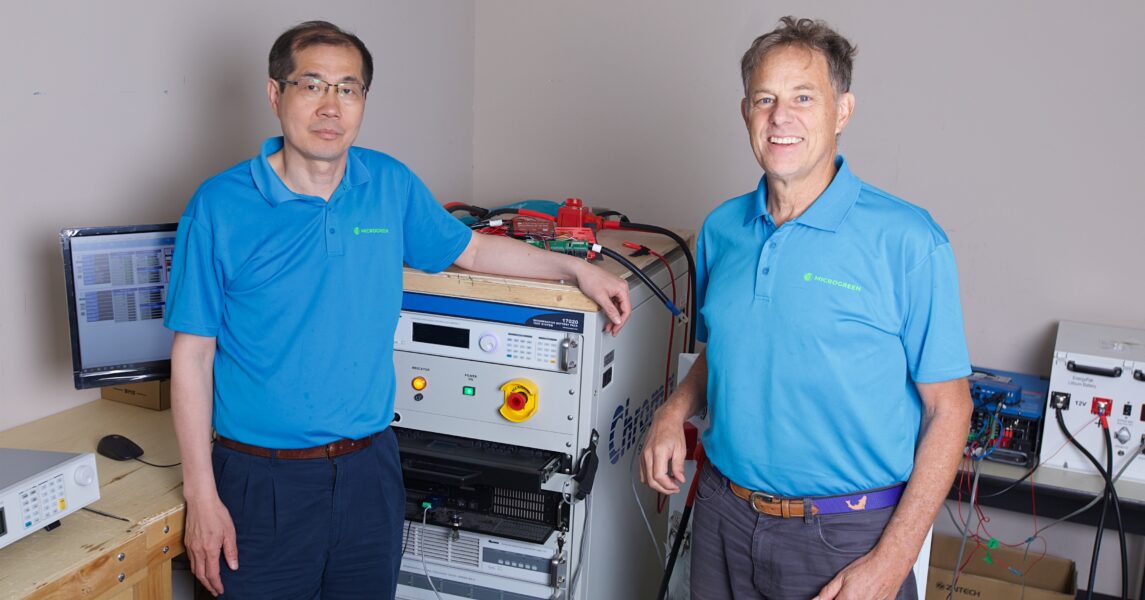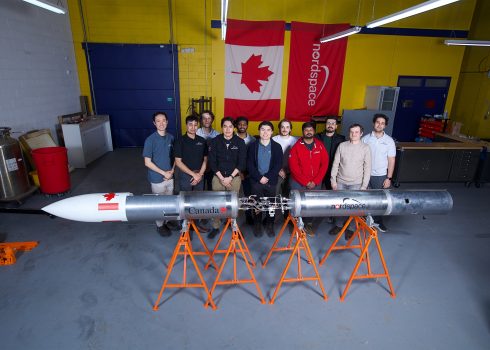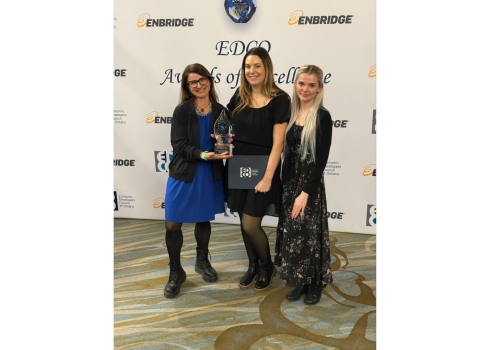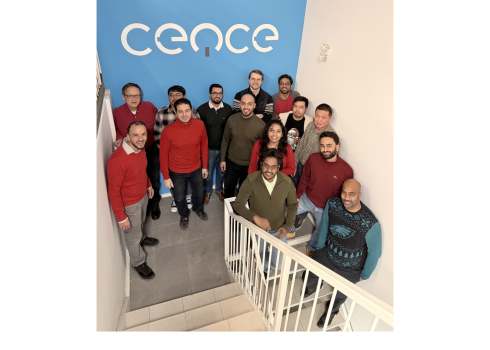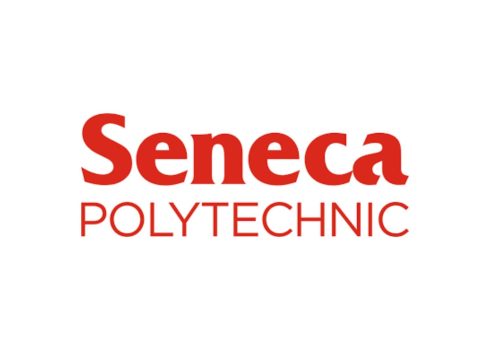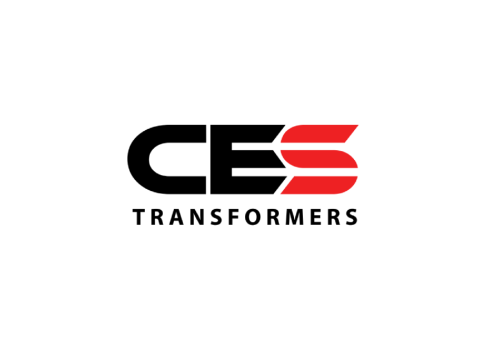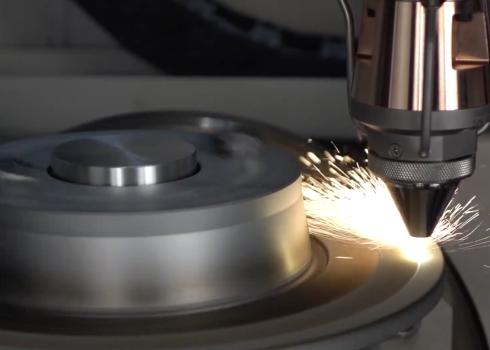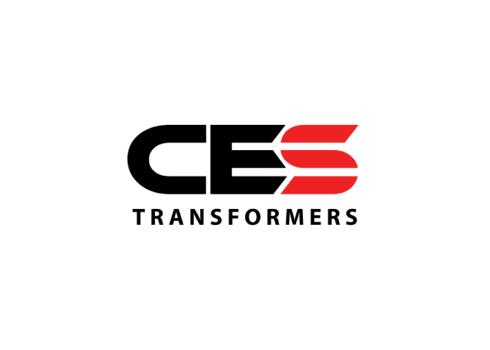In the ever-evolving landscape of renewable energy, Markham-based Microgreen has quickly become a beacon of innovation and sustainability. Specializing in solar power generation and lithium battery-based energy storage, Microgreen provides cutting-edge solutions for every aspect of life, from residential to leisure to vehicle and telecommunications.
Microgreen aims to make green technologies easier for everyone to adopt. In fact, Chairman Lewis Reford is quick to dispel a misconception about costs: “Solar panels and batteries used to be expensive, but now everybody can afford a solar storage system. These products have moved to price parity with a fossil-powered generator.”
In fact, for many remote communities, Microgreen’s solutions are both significantly cheaper and more reliable than the old alternatives. One particularly proud conversion for Reford was for a First Nations power customer with a new house on-reserve, who was torn between paying a high fee to connect to the grid or to continue with a pricey, unreliable and noisy fossil generator. Instead, he sought out Microgreen’s consistent and self-sustaining solar and battery system. Now dozens of families in the community are following suit. With its start in remote communities like mining camps, Microgreen has taken its products to thousands of cottages, cabins, boats, and RVs, with urban and suburban communities sure to follow.
Alongside Reford, Chief Executive Officer R.K. Hong combines 20 years of international business experience with a Ph.D. in Electrical Engineering from the University of Toronto.
Hong believes the Canadian company’s innovation and nimbleness position Microgreen very well in the market, particularly as many public projects using batteries increasingly require a percentage of system manufacturing to be Canadian. That’s one reason Microgreen is a key partner on the substantial retrofitting of diesel transit buses in Milton. Being Canadian also allows the company to respond to changing requirements more easily than would foreign competitors and ensures their systems are designed with Canadian conditions in mind.
Still, Microgreen’s ambitions are global, and its leaders regularly traverse the globe meeting with world-class partners and new markets.
And when hosting stakeholders locally, Reford says Markham is the perfect landing spot. “Everything makes for a very positive experience for global business people,” he says. “The people, the culture, the food, and the cleanliness.”
Hong says that being based in Markham has played a crucial role in their success. The city offers an “abundant supply of good talent,” with a rich mix of multinational and young engineers who are instrumental to the company's growth. It is also central and easy to access from across the Greater Toronto Area (GTA).
Hong further credits support received from Markham's economic development office and the mayor’s office—strong on entrepreneurship—with facilitating collaboration with and funding from federal and provincial ministries.
With a legacy of innovation, a commitment to sustainability, and an unwavering focus on the future, Microgreen is poised to make a significant impact on the renewable energy landscape.
“We won't stand still until we have built a business based in Markham with hundreds of young people who are working in this battery technology space, designing, assembling, installing and troubleshooting it, and making it better for the next generation and generation after that,” says Reford. “I think we have every opportunity to be like BlackBerry and to become equal to Stellantis or Volkswagen in battery building here in Ontario. We've got all the building blocks. This is going to be a multi-hundred employee company in the near future.”
